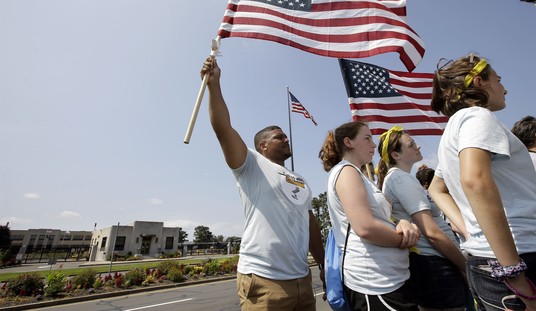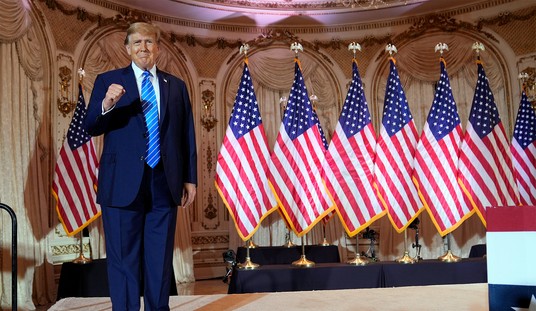The Declaration of Independence deserves its place as one of the most important documents in the history of the world. But, despite its significance, the Declaration did not lead the nation to independence or inspire people to take up arms and begin a revolution. Instead, the Continental Congress acted 443 days after the War of Independence began.
Historian Kevin Phillips points out that Colonial authorities "began to exercise power 12 to 18 months before" the Declaration was approved and they had already achieved a "de facto independence." In fact, by the end of 1775, most of the Royal Governors had been forced to flee the colonies. By then, "a few square miles of Boston represented the sole remaining seat of British occupation, authority, and might."
Long before colonial politicians declared the nation's independence, men like Levi Preston had already made it a reality. On April 19, 1775, an 18-year-old Preston joined hundreds of his neighbors standing up to the British in what became known as the Battle of Lexington and Concord. Seven decades later, historian Mellen Chamberlain tracked down Preston to find out what led him to fight on that day.
The historian assumed it might have been the Stamp Act or Tea Tax, but Preston said he never saw a stamp or drank any tea. "The boys threw it all overboard." Trying a different approach, Chamberlain asked about the writing of "Harrington, Sydney, and Locke about the eternal principles of Liberty." Preston must have thought the young man daft: "I never heard of those men." He added, "The only books we had were the Bible, the catechism, Watt's Psalms and Hymns, and the almanac."
Recommended
At this point in the discussion, the young historian must have been a bit frustrated. So, he again asked why did a teenaged Levi Preston choose to fight? "Young man," Preston replied, "what we meant in going for those Redcoats was this: we always had been free and we meant to be free always! They didn't mean that we should."
This passion for freedom "acquired strength in the United States from the fact that it did not develop simply within a single sphere of life. Rather, it permeated every aspect of the behavior of the whole society." Respected historians Oscar and Mary Handlin noted that "American freedom possessed a political aspect." It "was also social in character... and gave people of every sort a conviction that they had an important stake in the freedom of the communities." And, critically important, "the evolution of voluntary religious, economic, cultural, and philanthropic organizations offered alternatives to state action."
It was this attitude, deeply embedded in the colonial culture, that inspired the revolution. The politicians followed. "Jefferson's contribution was to state compellingly ideas and beliefs that had already worked their way into American political culture." He put into words what the American people already believed. The Continental Congress merely confirmed what had already taken place.
That's the way it always works in America. The culture leads and the politicians lag behind. And, the good news is that American culture in the twenty-first century remains deeply committed to the founding ideals of freedom, self-governance, and equality.

























Join the conversation as a VIP Member